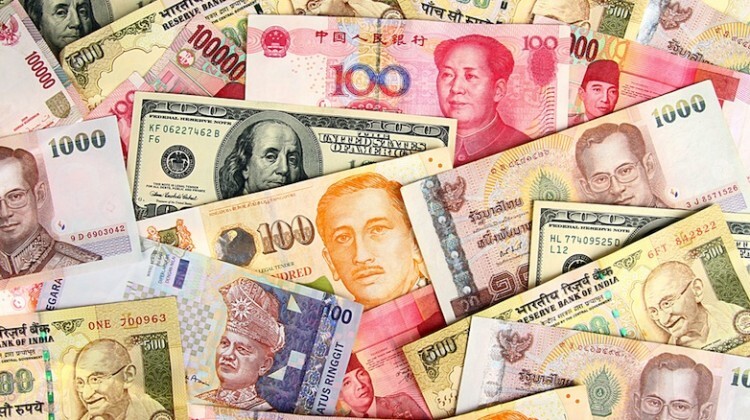this post was submitted on 22 Jul 2023
413 points (96.8% liked)
Asklemmy
45214 readers
1306 users here now
A loosely moderated place to ask open-ended questions
If your post meets the following criteria, it's welcome here!
- Open-ended question
- Not offensive: at this point, we do not have the bandwidth to moderate overtly political discussions. Assume best intent and be excellent to each other.
- Not regarding using or support for Lemmy: context, see the list of support communities and tools for finding communities below
- Not ad nauseam inducing: please make sure it is a question that would be new to most members
- An actual topic of discussion
Looking for support?
Looking for a community?
- Lemmyverse: community search
- sub.rehab: maps old subreddits to fediverse options, marks official as such
- [email protected]: a community for finding communities
~Icon~ ~by~ ~@Double_[email protected]~
founded 5 years ago
MODERATORS
you are viewing a single comment's thread
view the rest of the comments
view the rest of the comments

Some managed to do so, but 10% inflation is exceptional anyways.
Otherwise I don't agree. Obviously the poor are effected "the most" by any adverse economic effect due to their low coping capacity / economic buffer. But that they are especially affected by inflation is not universally true.
You need to drill down a bit further what inflation actually entails. The common "basket" used for calculating "the" inflation is far from perfect and depending on your consumption pattern you might hardly see any inflation in your personal expenses if it is mainly driven by an increase in energy costs as was the case in Europe during the last year.
Classic inflation aka devaluation of money only effects those that have money (savings). Of course if you have an increase in certain prices due to some external shock this can have a much broader effect, but it is actually wrong to call that "inflation".
Most likely "greedflation" 😅
This model you’re putting forward seems to imply that when energy costs increase, it isn’t really felt by the poor.
Here in Colorado, lots of food has doubled in price. That’s big for poor people.
What I’m asking is: is the food not a major component of inflation in Europe as well. And if it is, do you not see that as connected to energy prices?
You need to improve your reading comprehension. I never said any of these things.
Obviously energy prices can have an impact on food prices, in fact they do a lot with conventional agricultures dependence on fertilizers made from natural gas.
While we’re discussing reading comprehension, I actually made an argument as to why the poor are especially, universally, affected more by inflation.
You can’t just counter the conclusion without countering the argument. How is what I described not something that’s always operating anywhere inflation is happening?
Because you failed to understand my argument. I did address your concern above.
Your argument is that because poor people don’t have savings, they don’t get affected by inflation.
No, my argument is that people with savings are effected more by inflation specifically, but of course due to low coping capacity poor people are more effected by any negative economic situation. However if you have no savings, but a relatively stable inflation adjusted income, then inflation does not effect you much.